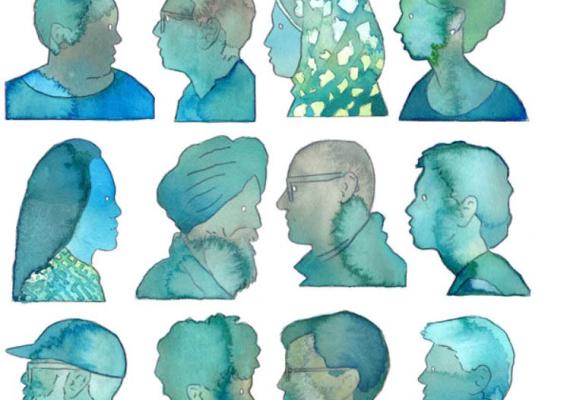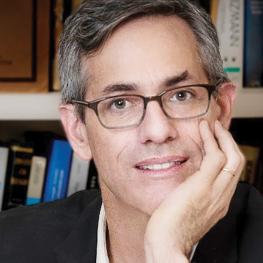If Gerson Cohen Responded to Mark Lilla in the Age of Trumpism

In the shocking new world we inhabit in America after November 8, there would seem to be a new premium placed on assimilation, the term that stands at the heart of our JQR forum (JQR 106.4 [2016] -- Gerson Cohen’s “Blessing of Assimilation” a Half Century Later). Throughout his campaign, Donald Trump promoted the ideal of a monolithic, essentially white, American patriotism, which set off peals of euphoria on the far-right. Columbia historian Mark Lilla wrote a provocative post-mortem in the November 18 opinion section of the New York Times (click here to read it), excoriating the descent into what he called “identity liberalism.” Among its ills, Lilla roared, was a “fixation on diversity in our schools and in the press (that) has produced a generation of liberals and progressives narcissistically unaware of conditions outside their self-defined groups.”
Lilla ends up calling for a “post-identity liberalism,” which, on the face of it, seems like a good fit with the essay that animates our forum: Gerson Cohen’s 1966 “The Blessing of Assimilation in Jewish History.” In that address, Cohen issued his own provocative call. Speaking to a group of graduating Jewish educators, he urged them to recognize that assimilation, perceived by many then as today to be a grave threat, was not only not an impediment to survival, but in fact could be “a stimulus to original thinking and expression, a source of renewed vitality.” As one drills deeper into Cohen’s compactly brilliant essay, one discovers that assimilation of this sort does not really resemble, as it first appeared, Lilla’s blanched “post-identity liberalism.” Rather, assimilation, on Cohen’s idiosyncratic reading is a form of cultural exercise cum engagement that can ward off atrophy and revivify, re-interpret, and translate an ever-evolving “tradition.”
When the editors of JQR planned for a collection of essays to rethink Cohen’s “Blessing” fifty years later, we had a decent sense that it remained relevant today. But we did not imagine that it could lend much-needed nuance to a contentious debate over identity in the age of Trumpism that has already suffered from over-simplification. Cohen’s concluding image, drawn from Nachman Krochmal, of tacking a middle path between freezing cold and consuming fire seems particularly relevant in this strange new world that we inhabit.
